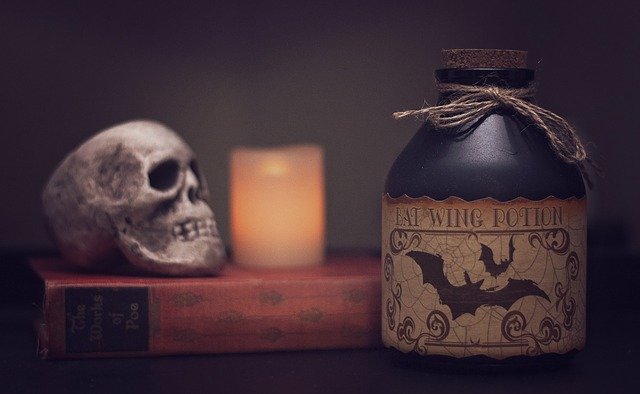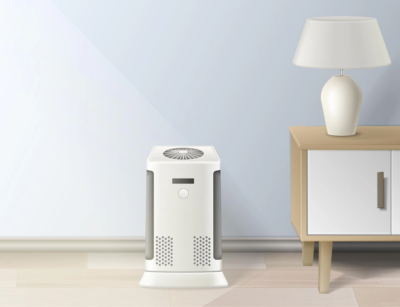Did you know that radon is the number one cause of lung cancer in non-smokers? Every year, it causes 21,000 lung cancer deaths, even in people who have never smoked in their life.
However, radon poisoning is a real health concern indoors, where it becomes concentrated. In homes built on soil with uranium deposits, this gas enters through cracks, joints, or gaps in the floors or foundation. And if someone breathes it in, the lining of their lungs may get damaged and put them at risk for lung cancer.
Do you know how to identify radon poisoning symptoms? If not, keep reading as we share how to detect radon in the home and what to do if you think you’ve been exposed.
What Are the Signs of Radon Poisoning?
Sadly, you won’t notice any symptoms of radon poisoning unless you have been near it for years. At this point, you may begin to see signs that are similar to lung cancer, such as:
- Chest pain
- Continuous cough that may contain blood
- Wheezing
- Unexplained weight loss
However, unlike other dangerous gases, you won’t feel dizzy or tired when exposed to radon since it decays quickly.
How Long After Radon Exposure Do Symptoms Appear?
Radon poisoning builds up in the body slowly until symptoms are obvious. For some, these symptoms occur in five years, especially those who smoke. However, others don’t notice any signs for decades, and at this point, the poison has already caused cells to mutate, leading to cancer.
What to Do if You Think There’s Radon in the Home
If you have symptoms similar to those of radon poisoning, it’s crucial to visit your doctor for testing. Unfortunately, there’s no way to test for the presence of radon gas in your system since it decays so quickly. However, your doctor can scan you for lung cancer.
Additionally, if you think your home contains radon, you should have radon testing done immediately! Doing so will help you rule out whether your symptoms are from radon or other health issues.
If a certified radon testing company detects this dangerous gas, they can install the proper mitigation systems to limit radon and its harmful effects. For an example of a company that offers this service, look here.
Protect Your Family from Radon Poisoning!
Radon poisoning is a silent killer and shouldn’t be taken lightly. The best way to keep your family safe from radon is by testing for it annually, either by purchasing radon testing kits or hiring professionals.
Would you like more tips that can keep you and your family healthy and safe? If so, don’t leave our website without checking out more of our great content!









